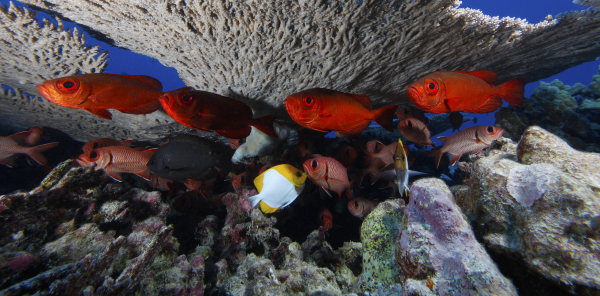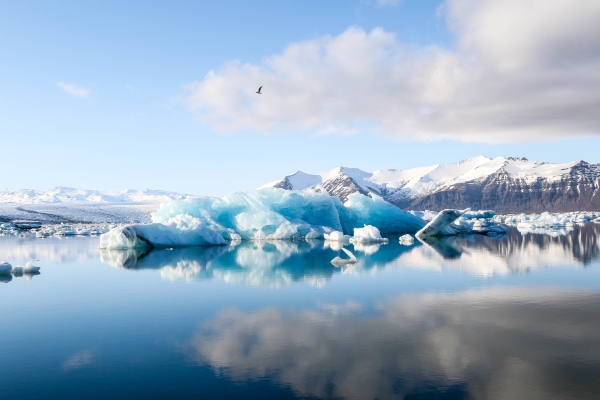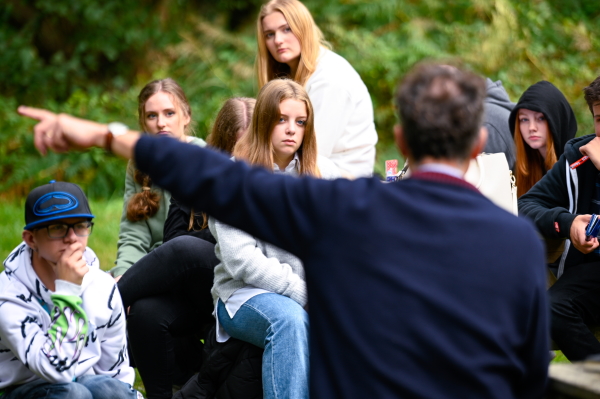Discipline Hopping for Discovery Science
Skip to: Climate Stories Repository – Integrating Risk – AMR in Arctic Soils – Climate Narrative Pedagogies
In November 2022, a Natural Environment Research Council (NERC) Discipline Hopping for Discovery Science grant was awarded to four climate-aligned interdisciplinary research projects by a UEA Discipline Hopping panel. These projects, which are currently underway, span across the fields of climate narratives, economics, biology and education, each addressing complex global challenges. Read more about each of the exciting projects below as they progress:
Seed funding a climate change stories repository – the Critical Decade
Project PI: Dr Mark Tebboth
CO PI’s: Prof Jean McNeil and Prof Corinne Le Quéré
Dr Mark Tebboth (School of International Development) and Prof Jean McNeil (School of Literature, Drama and Creative Writing) will use their DH grant as seed funding to build the storytelling capacity of PhD students whose research focuses on climate change. The grant will fund activities to enable the collection of narratives that are being created through the students’ research and ultimately establish a real-time repository of unique climate stories, captured through the research process, that builds over time as students fan out across the world. These stories will become the foundation of an ongoing archive of cutting-edge climate stories that draws on UEA’s unique position as a centre of excellence for climate research and creative writing.

Dr Tebboth says: “By bringing together UEA’s excellence in climate research and creative writing we hope to tap into the power of narratives and story-telling to rethink how we communicate climate change, its challenges and solutions’.
As part of the project, a climate narratives storytelling workshop was held at The National Centre for Writing on 22 February, delivered for our Critical Decade for Climate Change Leverhulme PhD scholars. Led by Prof Jean McNeil (LDC) and Dr Elizabeth Lewis-Williams (LDC), the sessions encouraged students to be alive to the creative potential of the stories emerging from their work, utilising creative writing and performance techniques to find new ways to present their climate research to the wider public. Read our blog and watch the film to hear what our PhD students had to say about the experience.
Integrating environmental risk into financial risk
Project PI: Dr Patrycja Klusak
Dr Patrycja Klusak (Norwich Business School) will be using her DH grant to integrate scientific measures of environmental risk into mainstream measures of financial risk. Results from this project will help arm central banks, finance ministries, regulators, and investors with the tools to identify, price, manage, and communicate biodiversity and climate-related risk. Dr Klusak will deploy artificial intelligence (AI) tools to interrogate credit ratings and environmental, social, and governance (ESG) metrics to expose greenwash, identify important omissions, and work with industry and regulators to suggest science-based options for improvement.

Dr Klusak says: "I am very grateful and honoured to receive this award as it allows me to purchase the necessary data and to empirically investigate the research questions which are so important to all of us. Getting ESG wrong could be catastrophic for biodiversity. For instance, if the 'E' focuses on climate but excludes biodiversity, trillions of dollars could be invested in carbon offsets such as monocrop, and non-native tree planting schemes that decimate local flora and fauna."
Dr Klusak’s research on biodiversity and sovereign credit ratings has recently been featured in Biden's Strategy to put nature on America's Balance Sheet. You can read the Working Paper for further information.
Exploring antimicrobial resistance in Arctic soils at the forefront of climate change
Project PI: Dr Marcela Hernández
CO PI’s: Prof Colin Murrell, Dr James Bradley (QMUL, UK)
Researcher Co-I: Dr Shamik Roy
Antimicrobial resistance (AMR) is a global health concern currently predicted to cause 300 million deaths and up to £64 trillion loss to the economy by 2050 (O’Neill, AMR Report, 2016). Dr Marcela Hernández García (School of Biological Sciences) and team will be using their DH grant to investigate the distribution and abundance of AMR genes along a chronosequence in developing proglacial Arctic soils exposed by glacier retreat. AMR is spreading rapidly within the environment and can be exacerbated by the effects of climate warming. The Arctic is at high risk because temperatures continue to rise three times faster than the global annual average. This causes dramatic physical changes including glacier retreat and permafrost thaw. So far, the AMR studies in Arctic soils are very limited.

Dr Hernández says: “This project will advance our understanding of clinically relevant AMR in rapidly changing Arctic soils. Our research aims to drive local and global policies that can safeguard Arctic ecosystems and might also have impacts for global health. This proposal is allowing my group to expand their researcher line, which makes me very happy. It will help us build intra- and inter-university collaborations that will lead us to multidisciplinary research.”
Dr Hernández and colleagues’ work from this project has been published in the journal Environmental Microbiome, you can read the article here.
Climate narrative pedagogies
Project PI: Prof John Gordon
CO PI’s: Prof Steve Waters, Mrs Amanda Bell, Mrs Alison Bayton, Dr James Craske
Prof John Gordon (School of Education and Lifelong Learning), Prof Steve Waters (School of Literature, Drama and Creative Writing) and team will be using the DH grant to discipline-hop between the field of Education research and other academic disciplines engaging with ‘climate narratives’.
The project pilots networking for teachers to join UEA researchers, environmental professionals and arts practitioners in knowledge transfer activities to identify how sustainability pedagogies can traverse disciplines and the school/university transition for students. The project will bring colleagues together at RSPB Strumpshaw Fen to share expertise in response to the reserve, identifying the shape, focus and strategies needed in ‘disciplinary hopping’ pedagogies with a focus on climate narratives.
The project interrogates the DfE strategy which perpetuates disciplinary boundaries by locating sustainability education in science, geography, and citizenship within the national curriculum without acknowledging the possibilities afforded by language and arts disciplines.

Prof John Gordon says: “This funding affords opportunity to understand how education can help young people respond to climate issues. It makes it possible for essential participants, teachers, to join the research team and to bring educators to our conference in summer 2023.”

)